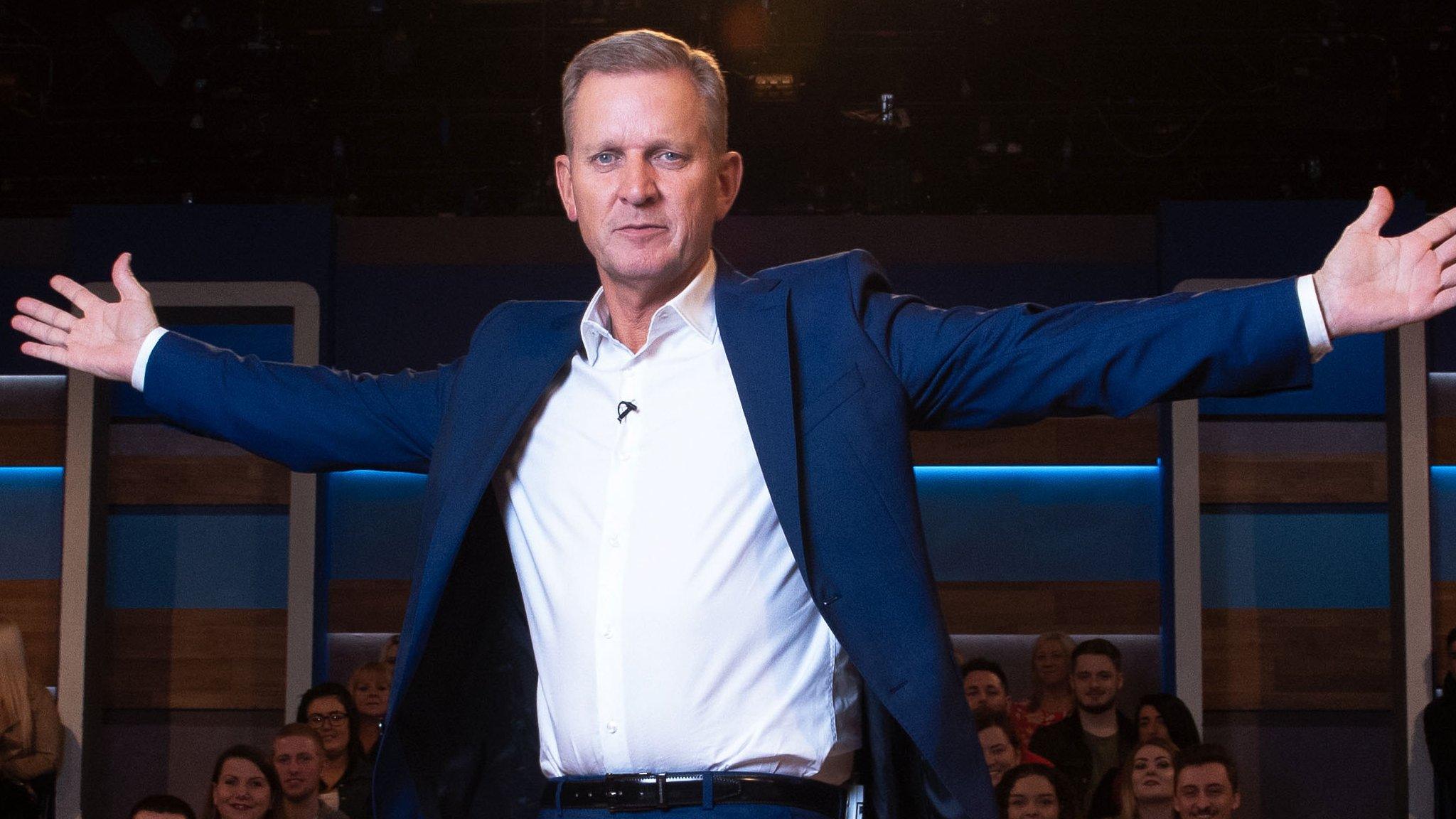Reality TV bosses ask for help to pick contestants who can cope
- Published
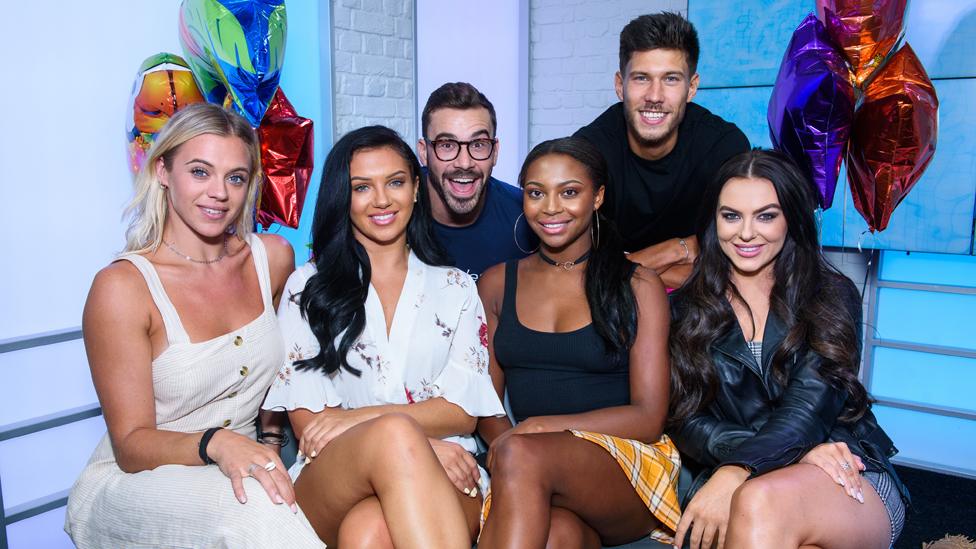
Love Island's Rosie Williams (right) said she "struggled" dealing with "trolls"
Two TV bosses have called for an independent regulator to decide whether people are fit to appear on reality TV.
Jonathan Stadlen, who makes shows like GPs: Behind Closed Doors, said psychological tests should not be paid for by the people making the shows.
He warned of a conflict of interest if programme-makers take those decisions.
Former Big Brother boss Steve Regan agreed there should be "an independent body in the middle of all of us who are making those assessments".
A committee of MPs is currently carrying out an inquiry into reality TV following the deaths of a former Jeremy Kyle Show guest and two ex-contestants on Love Island.
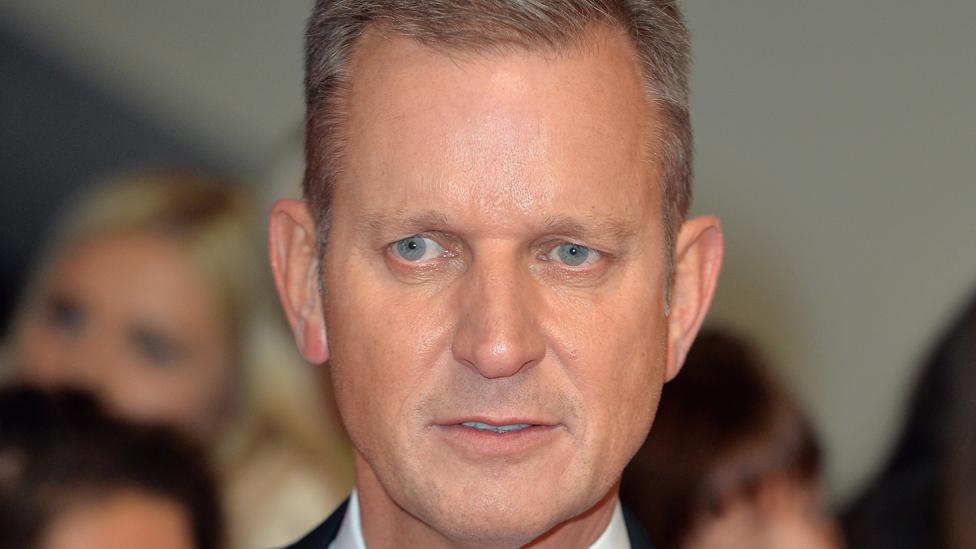
Jeremy Kyle declined the invitation to appear at the DCMS inquiry
Mr Stadlen, who is managing director of production company Knickerbockerglory, told BBC Radio 4's The Media Show that support offered to members of the public currently varied.
"The problem is you're at the mercy of whatever assistant producer or producer is on duty that time to think, 'does this person need help?'" he said.
"So I think we need some independent body to try and help us to decide whether people have the capacity to be in it."
Currently, production companies and broadcasters must balance finding the most entertaining participants with deciding - using advice from psychologists - whether those contestants can cope.
Mr Stadlen said: "I don't think that body should be paid by the production company, because at the moment we're paying psychs to test people but there's a conflict of interest because the people paying them are the people doing that [making the shows]."
People on reality TV shows are "potentially much more vulnerable" than contributors who take a skill like baking onto programmes, he added.
"They're saying 'judge me on my personality', and when social media does judge them on their personality, it's a much harder thing to deal with this sense of 'people don't like me for who I am'."
Mr Regan, a former entertainment commissioner for Channel 5, said there should be more distance between those doing psychological tests and those making the shows.
"I agree with Jonathan," he said. "To make it work better there almost needs to be an independent body in the middle of all of us who are making those assessments, because at the moment it's all too connected."
'Trolls and paps'
The Media Show also heard from Rosie Williams, who took part in Love Island in 2018. The former solicitor admitted that despite the support of her friends, family and partner, she "struggled" to deal with "trolls" and "paps" [paparazzi] after coming out of the villa.
"There was a period of time over Christmas where I didn't want to go to any events, I didn't want to be seen as I didn't want the paps to take photos of me, simply because I couldn't deal with the negative comments following those photos being released," she said.
"We all think we can deal with it ourselves, especially when you've never really experienced anything like that before and you see yourself as a strong independent woman you just think, 'I can deal with this, I can get over this'. But it is a lot more difficult than it seems."
She added: "I worry about those people who don't have that support around them like I did."
TV watchdog Ofcom recently proposed new rules to require broadcasters to ensure they take "due care" of the mental health of people participating in television and radio programmes.
Ofcom director of content standards Tony Close said participants "must be properly looked after by broadcasters", and that its new safeguards would be "effective".
The Department for Culture, Media and Sport House of Commons select committee is in the middle of an inquiry into the support offered to reality TV participants.

Follow us on Facebook, external, on Twitter @BBCNewsEnts, external. If you have a story suggestion email entertainment.news@bbc.co.uk, external.
- Published31 July 2019

- Published24 July 2019
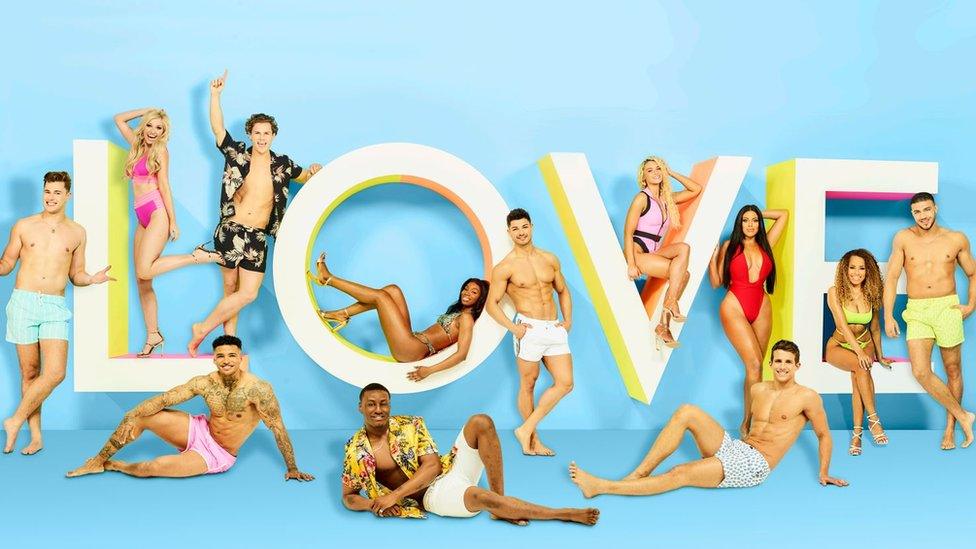
- Published8 July 2019
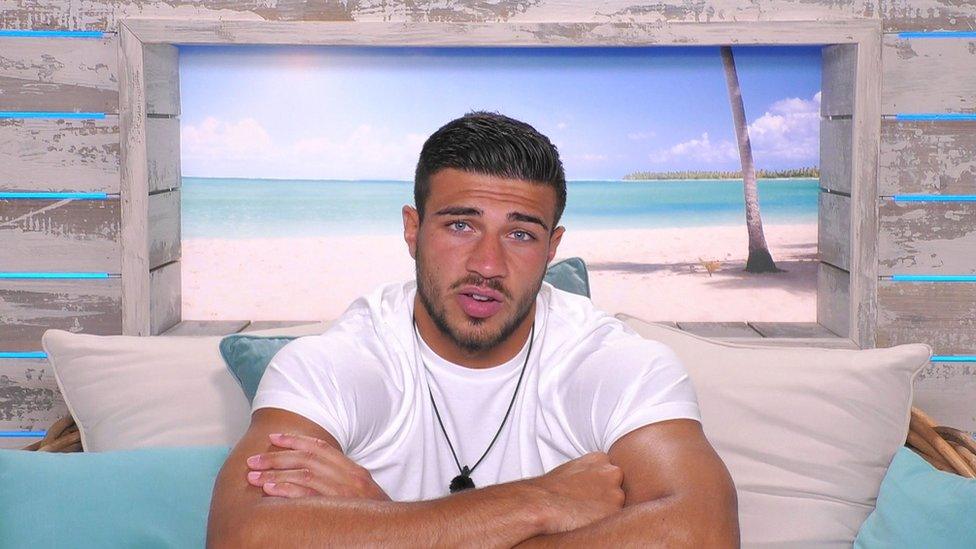
- Published25 June 2019
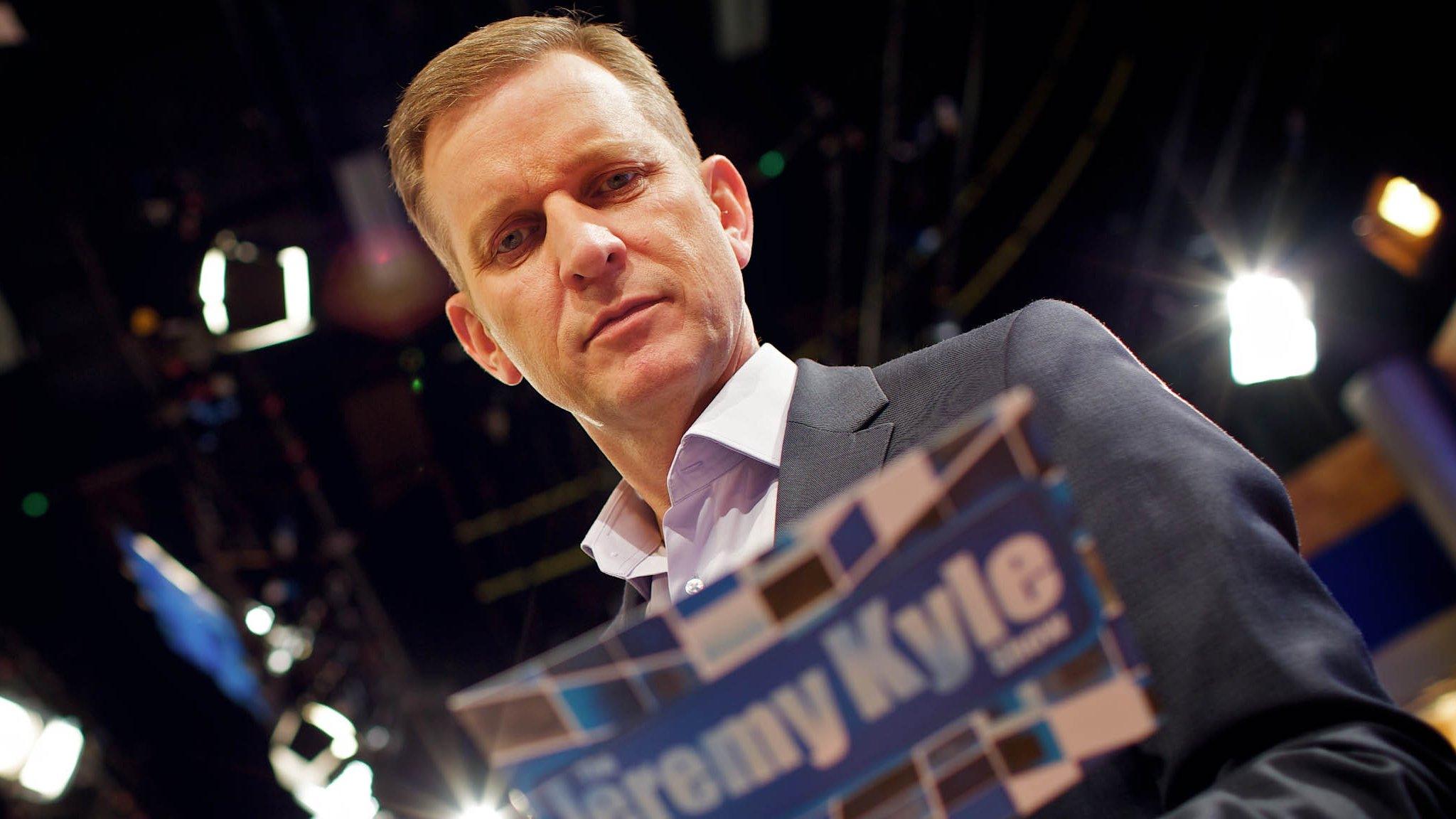
- Published18 June 2019
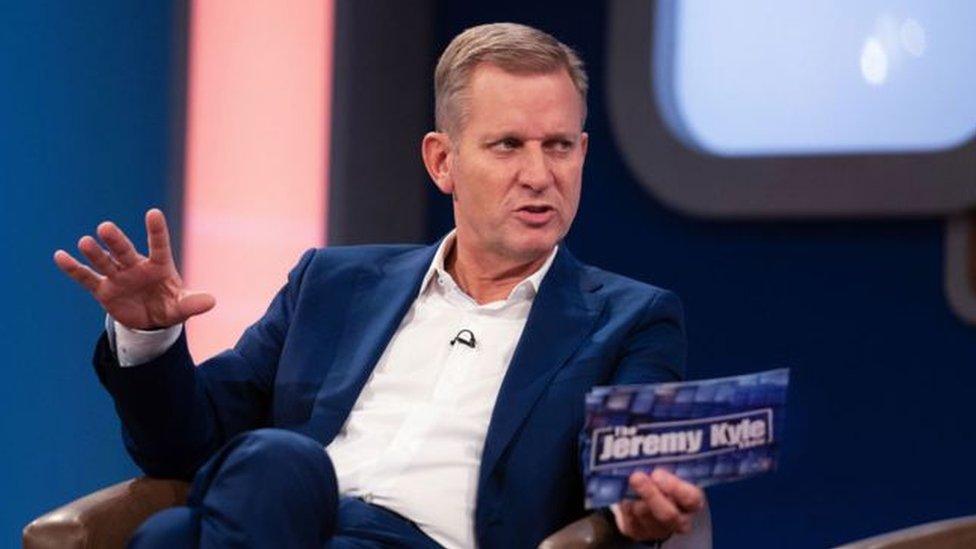
- Published15 May 2019
